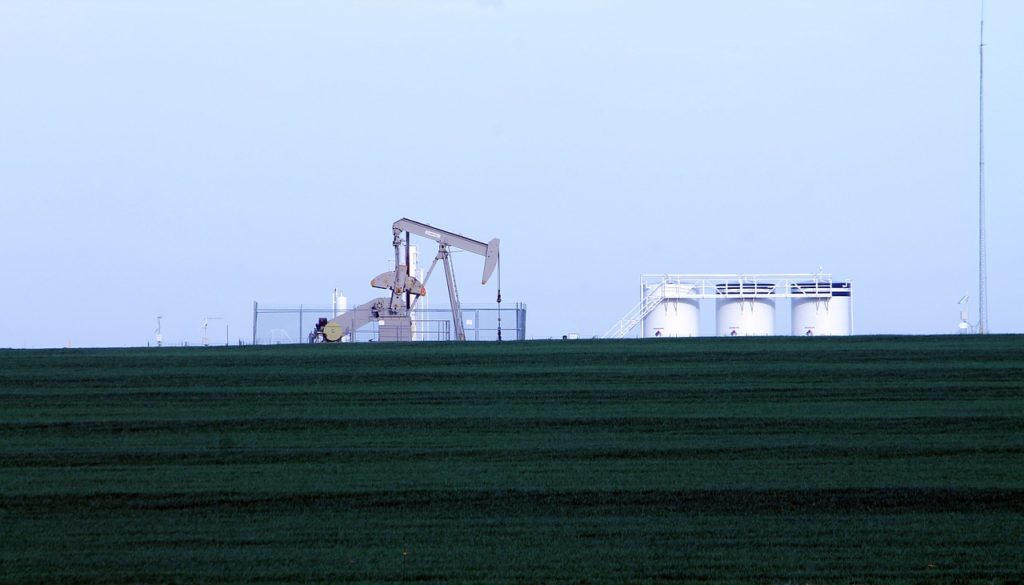Introduction
The future of the oil industry is undergoing significant transformation due to various factors, including the growing shift towards green energy, environmental concerns, technological advancements, and changing global energy policies. We asked Tom, who owns Annapolis Limo Service and is a regular contributor on this website due to his oil interests. Here are Tom’s insights into the trends and possibilities shaping the oil industry’s future.
Transition to Green Energy
The global push towards green energy, driven by concerns about climate change and the need to reduce carbon emissions, is having a significant impact on the oil industry. Renewable energy sources such as solar, wind, hydroelectric, and electric vehicles are gaining momentum as viable alternatives to traditional fossil fuels.
Potential Scenarios
- Diversification and Adaptation: Many oil companies are already diversifying their portfolios to include renewable energy projects. Some are investing in technologies like carbon capture and storage (CCS) to mitigate emissions from their operations.
- Decline of Oil Demand: The ongoing transition to green energy and increased adoption of electric vehicles could lead to a decline in global oil demand, making the oil industry a secondary or tertiary player in the energy sector.
- Evolving Energy Landscape: The oil industry might continue to be an important energy source for certain sectors like transportation, aviation, and heavy industry. However, its dominance may decrease as cleaner alternatives become more prevalent.

Impact on Oil Reserves
The impact of the shift to green energy on remaining oil reserves is complex and depends on various factors:
- Demand and Prices: As demand for oil decreases, prices might be impacted, potentially making some reserves less economically viable to extract.
- Stranded Assets: Some oil reserves might become “stranded assets” if they are not economically feasible to develop due to low demand or high extraction costs.
- Technological Innovation: Advances in extraction technology could make certain reserves more accessible and cost-effective to develop.
- Geopolitical Considerations: The value and utilization of oil reserves might still be influenced by geopolitical factors and energy security concerns.
- Transitioning Economies: Oil-producing economies heavily reliant on oil revenue might need to diversify their economies to adapt to changing energy trends.
Summary
In summary, the future of the oil industry is evolving due to the global transition towards green energy. While the industry might not disappear entirely, its prominence could diminish as cleaner alternatives gain ground. The fate of remaining oil reserves will depend on economic, technological, geopolitical, and environmental factors. The industry’s ability to adapt, innovate, and collaborate with the growing renewable energy sector will shape its role in the broader energy landscape.…







